Imagine being 90% more efficient in the future than you are today. Even just small, simple improvements could create great benefits over time. There are many different steps we can take that will improve our efficiency in the workplace, from learning to prioritise tasks to eating healthy food throughout the day.
Here are some easy to implement efficiency gain techniques to help you increase efficiency in the workplace.
Create a daily and weekly task list
Having a clear list of the tasks that you have to complete will help you manage your workload much more efficiently. These can be handwritten in a notebook that you can tick off as you go along, or there are many useful online applications you can do this such as Trello or Asana.
Put some time aside every morning / the beginning of every week to ensure your task list is updated so you know exactly what you need to be working on.
Learn to prioritise
Having a large workload can be extremely overwhelming, you can write all the to-do list in the world and still have no idea where to start. Prioritising projects is key and sometimes you may have to put things on hold whilst you work on the urgent tasks. Take a look at your task list and look at your deadlines and see what needs to be done sooner than other projects. Move the urgent ones up to the top of your list and work down your list one-by-one, avoiding working on more than one task at a time.
Avoid all distractions
Distractions will often lead to procrastinating. Eliminating all distractions that may be around you whilst working on a task will really help you focus and get stuck in. You can do this by turning off your email notifications, putting your phone out of arm’s reach and out of sight will stop you from being tempted to check your notifications. If you’re in a loud working environment create a playlist of relaxing sounds or your favourite music so you can block out the noise, or alternatively book out a quiet room away from all distractions.
Build positive relationships with employees
Having positive relationships with your colleagues will make you feel more optimistic about coming into work and you’ll feel much more motivated to work hard. If you work in a team, learn the strengths and weaknesses that others on your team have so that workloads can be shared with colleagues.
Get into a regular routine
Routine creates order within your day. If you have reoccurring tasks try to do them at the same time every day/week. Having your lunch at the same time and splitting your day up evenly will help your days run smoother and increase efficiency.
Create an organised workspace
Create an organised workspace free of clutter. A clear desk will help you keep your focus and also help reduce distractions. Try to keep on top of your paperwork by clearly labelling everything and don’t leave it lying around, file or put things away as you go to avoid it building up at the end of the day.
Eat healthy food throughout the day
Try to keep your snacking on sugary or fatty foods down to a minimum throughout the day, too much of these can result in sluggishness and crashes towards the afternoon. Of course, the occasional treat is a perfect way to motivate you throughout the day, but try to limit these and snack on healthier foods instead.
Stay hydrated
Make sure to drink the recommended daily intake of water (2 litres). Staying hydrated keeps energy levels regulated and increases oxygen flow around the body and increases concentration. Try not to drink too many caffeinated drinks as these can also cause crashes throughout the day and decrease concentration levels.
Take regular breaks
Make sure to use the full amount of time you are entitled to, stay as active as possible throughout the day, take a short five-minute break every hour away from your screen, in this time you can still be productive by keeping on top paperwork or going to refill your water bottle etc.
If you’d like to expand your knowledge and learn about business improvement tools and techniques and working in business teams, contact us today to find out more about our E-Learning course in Lean Organisation Management Techniques.


